10) Tools for
Company Financial Analysis
Information about the industry
Assessing a company’s financial health is crucial in international trade, as it directly impacts payment security and business reliability. Financial analysis tools help exporters evaluate a company’s revenue, creditworthiness, and overall stability before entering into contracts. If a buyer has strong financials, businesses may offer flexible payment terms, while companies with weak financials may require upfront payments to minimize risks. This ensures exporters protect their cash flow and avoid potential losses.
Beyond payment security, financial insights also help in choosing the right suppliers and partners. A company with a solid financial foundation is more likely to meet its obligations, deliver quality products, and sustain long-term business relationships. By using financial analysis tools, exporters can make informed decisions, reduce uncertainty, and build partnerships with confidence.
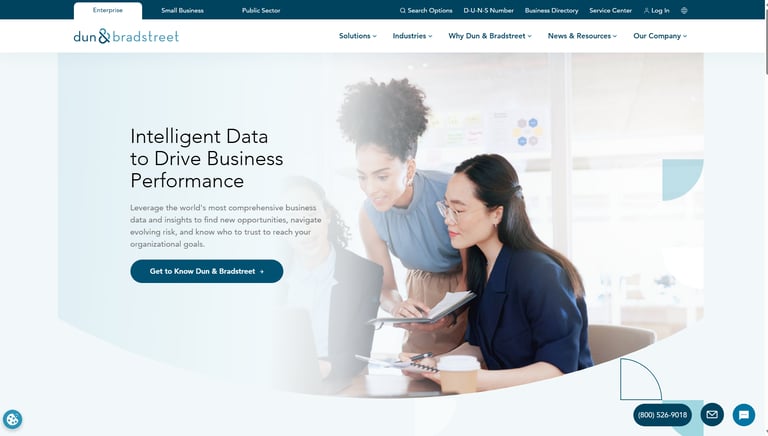

1. Dun & Bradstreet
Premium
Dun & Bradstreet (D&B) provides financial and credit reports to help exporters assess the reliability of international buyers before entering payment agreements.
It offers business credit scores, risk analysis, and company financial insights, helping exporters reduce non-payment risks.
Pricing varies based on report depth, with single business credit reports starting at around $15–$40, while comprehensive financial analysis requires a subscription.
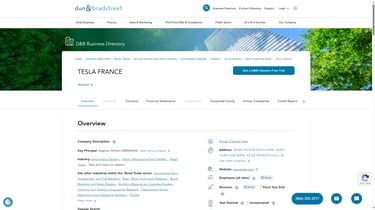


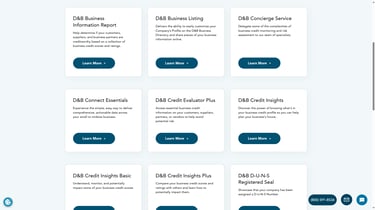






2. Emis
Premium
EMIS provides financial data and industry insights for companies in emerging markets, helping exporters assess potential buyers' creditworthiness and financial stability.
Its coverage is limited to specific regions, focusing on emerging economies rather than global financial data.
Pricing is not publicly available, and access is typically provided through customized subscriptions based on industry and geographic needs.
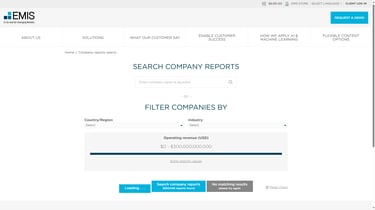
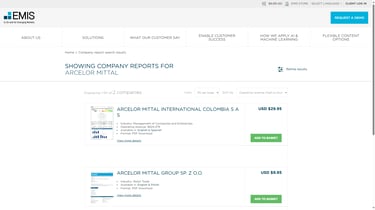
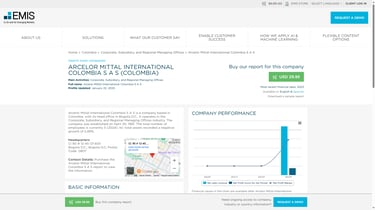
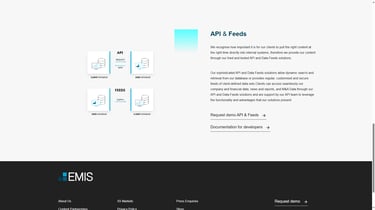





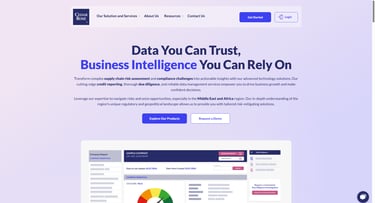
3. Cedar Rose
Premium
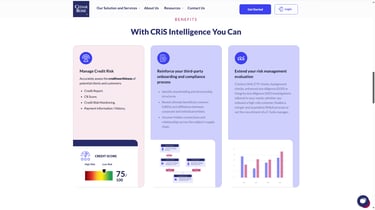
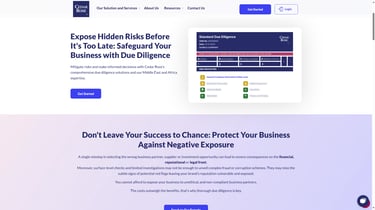
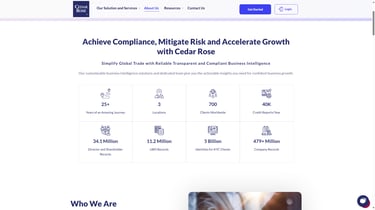
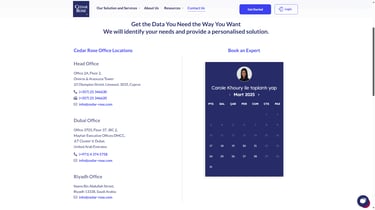




Cedar Rose specializes in company credit reports, financial analysis, and due diligence, helping exporters assess the financial reliability of potential buyers.
Its coverage is focused on the Middle East, Africa, and some European and Asian markets, rather than providing worldwide data.
Pricing is not publicly available, and subscriptions or individual reports are tailored based on business needs.
Why is financial analysis important in international trade?
Before working with a new client, supplier, or partner, analyzing their financial health helps reduce risks. It ensures they have the ability to pay on time, fulfill contracts, and maintain stable operations.
What financial indicators should I check before working with a company?
Revenue and profitability trends.
Credit rating and payment history.
Debt levels and financial liabilities.
Balance sheet strength and cash flow.
How can I check a company’s creditworthiness?
You can review business credit reports that provide risk scores, payment history, and legal filings. These reports help determine if a company is financially stable.
What are the risks of working with a financially weak company?
Late or failed payments.
Unstable supply chain relationships.
Increased risk of business closure or bankruptcy.
Legal disputes due to contract breaches.
How can I verify a company’s financial reports?
Look for audited financial statements from reliable sources, such as corporate filings, financial analysis tools, or government databases.
What does a business credit score indicate?
A business credit score measures a company’s ability to repay debts. Higher scores indicate a lower risk of default, while lower scores may signal financial trouble.
Can financial analysis predict if a company will fail?
While financial reports can highlight risks, they cannot guarantee future performance. However, poor financial trends, heavy debt, and irregular payments often indicate potential failure.
How do I assess a company’s profitability?
Check profit margins, net income, and return on investment (ROI). A consistently profitable company is more likely to be financially secure.
What sources provide financial data on companies?
Business credit agencies.
Financial news and market analysis platforms.
Official company filings and reports.
Industry financial benchmarking reports.
How can I spot financial red flags in a company?
Frequent late payments or unpaid invoices.
High debt compared to revenue.
Declining sales or profitability.
Negative cash flow over multiple periods.
Do all companies have publicly available financial data?
No, private companies are not required to disclose financial statements. Publicly traded companies, however, must publish financial reports for investors.
How often should I review a business partner’s financial health?
Regularly checking financial stability—at least once a year—helps ensure your partners remain reliable over time. If market conditions change, more frequent reviews may be necessary.
How do global economic conditions affect company financials?
Recessions, inflation, or currency fluctuations can impact cash flow, profitability, and overall business stability. It’s essential to consider external economic factors when analyzing a company’s finances.
Should I rely only on financial analysis when selecting partners?
No, financial stability is just one factor. Also consider business reputation, industry experience, client reviews, and legal compliance before making a decision.
Can I get financial reports for small or new businesses?
It depends. Some small or newly established companies may not have detailed financial records available, but you can still check their credit history and payment track record.
How can I reduce financial risk when working with a new company?
Request partial payments or deposits upfront.
Use secure payment methods like letters of credit.
Monitor their financial health regularly.
Diversify your partnerships to avoid dependency on a single company.
What should I do if a company has financial issues but I still want to work with them?
Consider setting stricter payment terms, negotiating smaller contracts, or using trade credit insurance to protect against non-payment risks.
